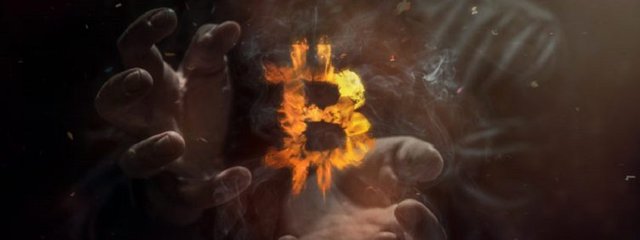
Five years ago, the late founder of the Canadian bitcoin exchange Quadriga CX, Gerald Cotten, revealed the details of how his organization keeps users' private keys: on paper.
In February 2014, Kotten appeared in the “True Bromance” podcast, where he spoke about cryptocurrencies and his then completely new enterprise. During a conversation with actors Sage Broklbank, Michael Carl Richards and producer Brett Michael, he said about the risks of losing private keys.
“It's like setting fire to bills. Even the US government with the largest computers in the world will not be able to return you coins in case of loss of private keys. It's impossible, ”said Cotten.
Note that after his death in Jaipur, India, the funds of more than 100 thousand users were frozen in the cold storage of the exchange. The cumulative value of potentially lost cryptocurrency assets, according to some estimates, reaches $ 137 million. It is assumed that the private keys to the vault are encrypted with Kotten on a laptop, which no one can unlock.
“A paper wallet is a good way to store bitcoins. All you need to make Bitcoin transfers is a private key. Therefore, you should print it and put it in an offline storage, say a bank cell. In this case, no one will be able to steal your coins, unless they decide to rob a bank for this, ”the founder of the Quadriga CX stressed in 2014.
Then Cotten added that the Quadriga CX stores the user's private keys on paper in the bank box.
Recall that before the death of Kotten, 9000 ETHs were withdrawn from the exchange wallets to the Binance, Kraken and Poloniex platforms.
Quadriga CX managed to secure a temporary ban on lawsuits against the exchange, the Supreme Court of Nova Scotia, however, users are already gathering in groups for further action in the legal field.